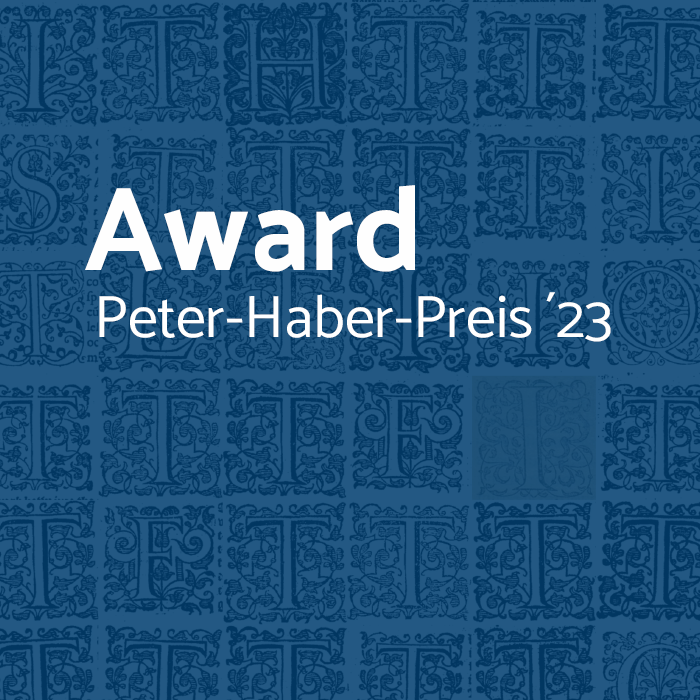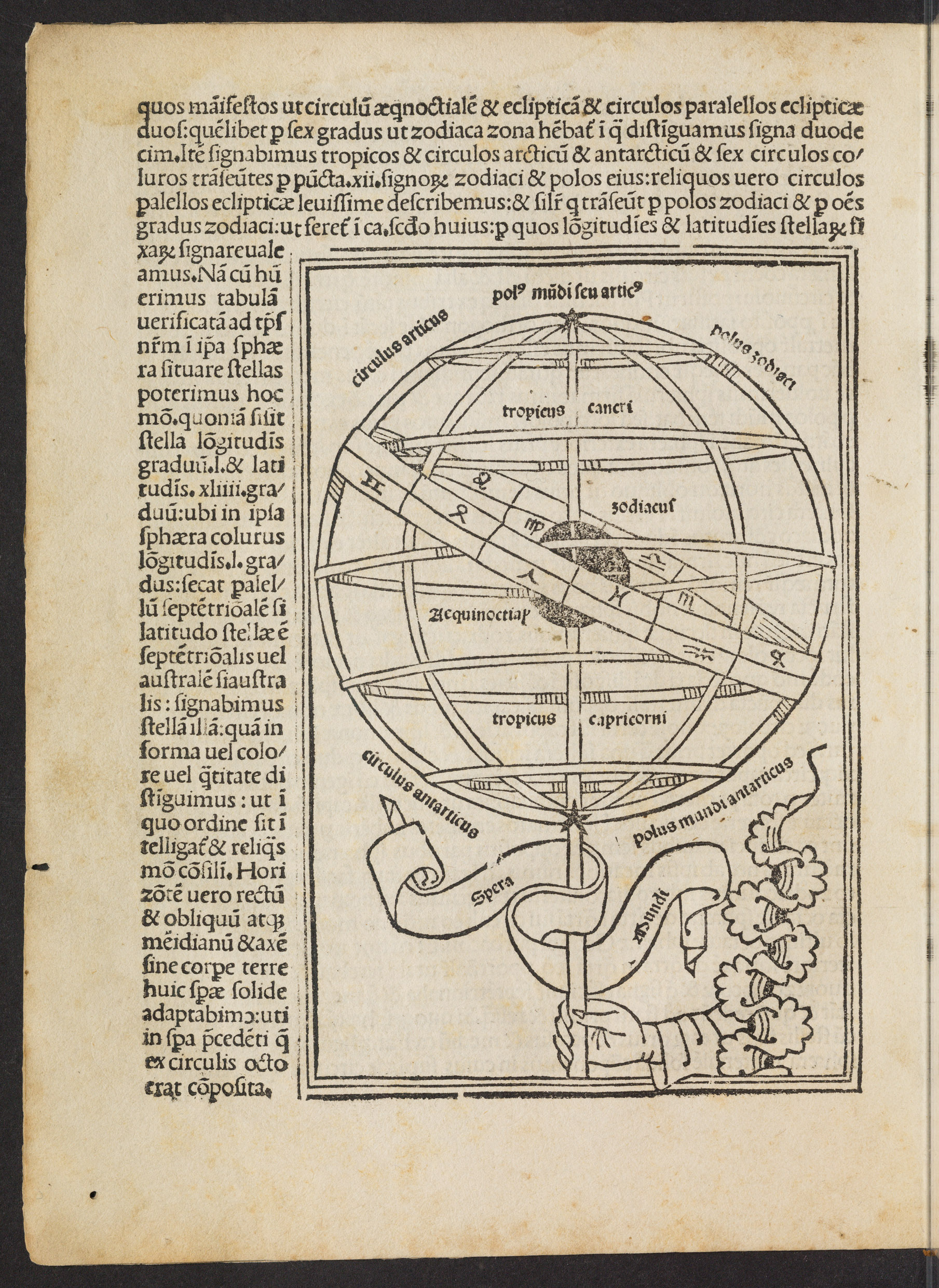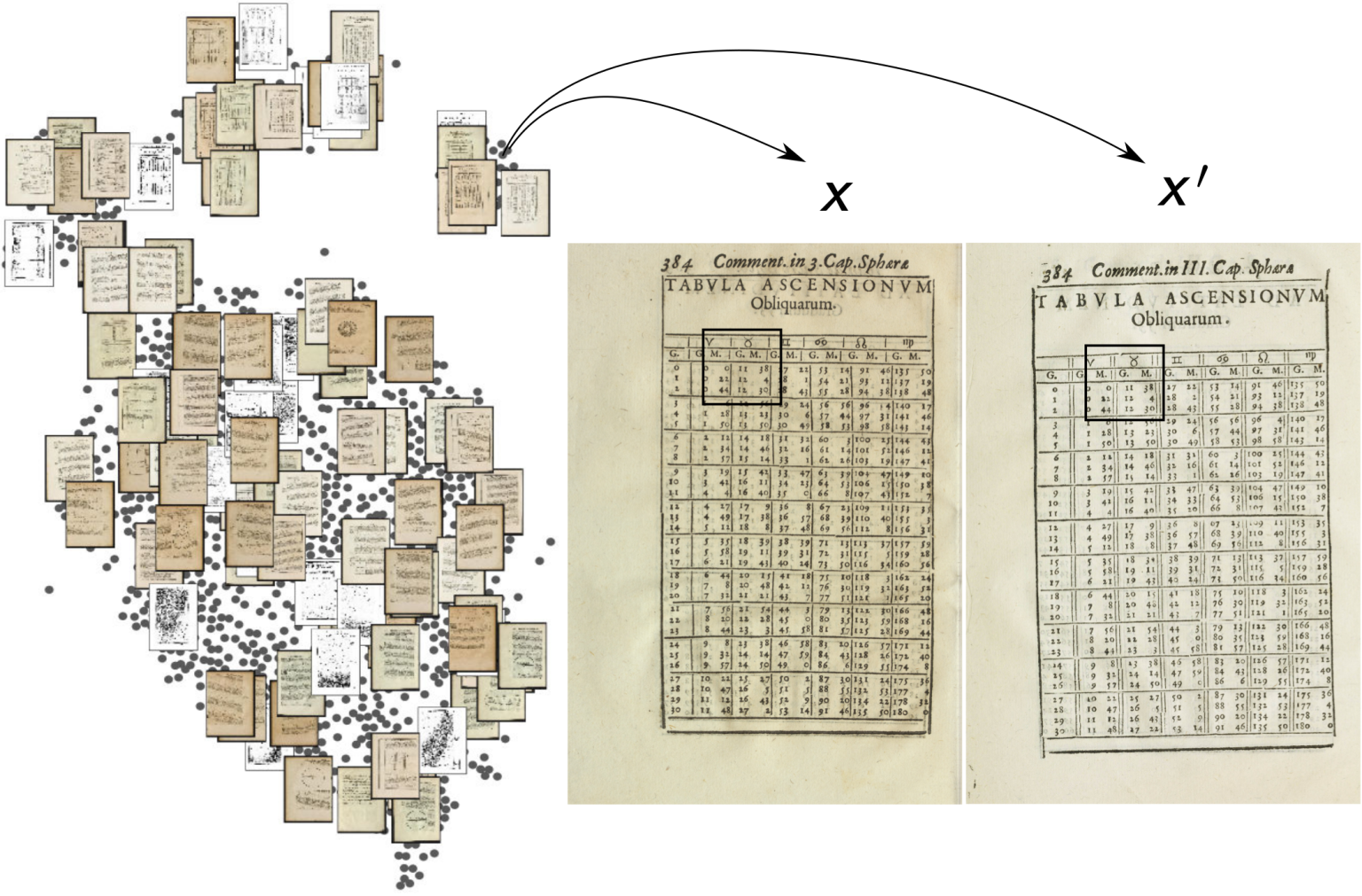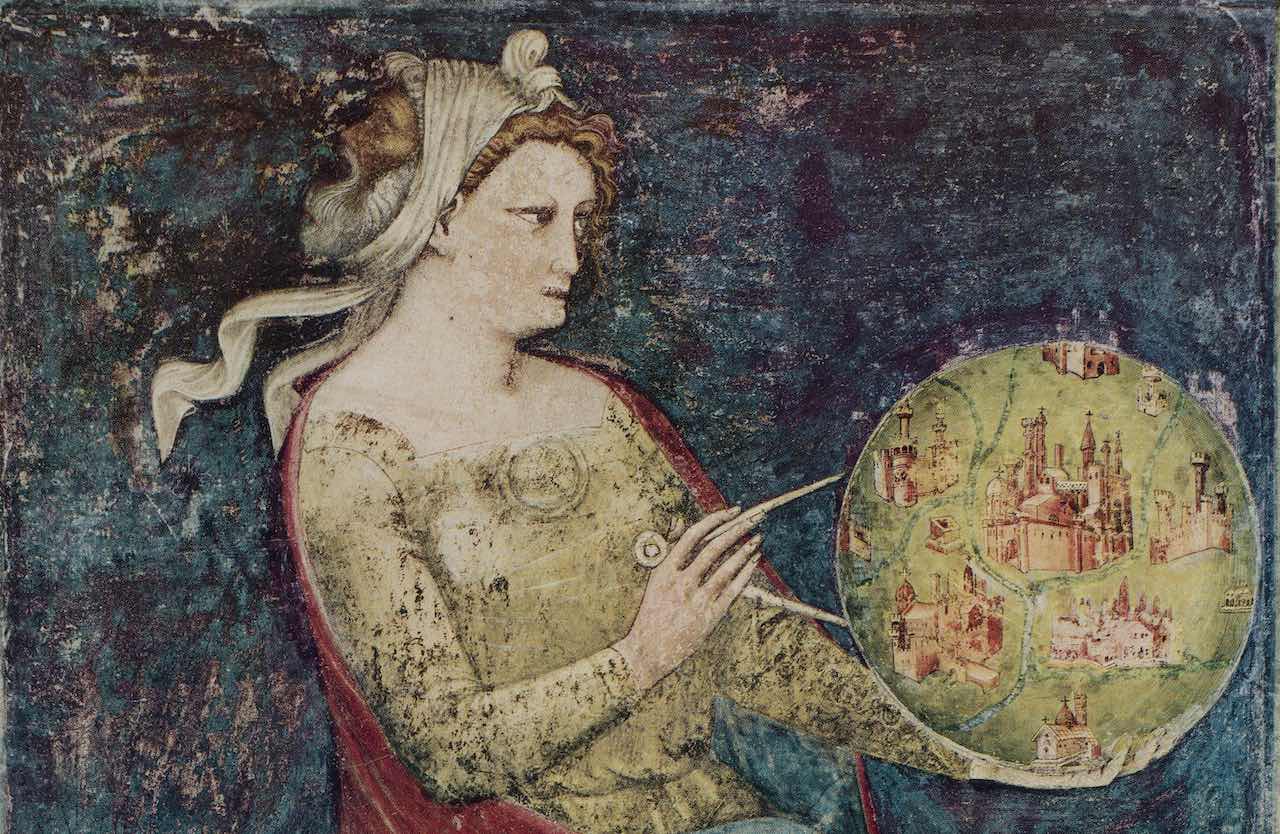
Prof. Dr. Matteo Valleriani
Fellow
Fellow | BIFOLD
Principal Investigator | Berlin Center for Machine Learning
Professor for Special Appointments | University of Tel Aviv
Honorary Professorship in History of Science | Technical University Berlin
Research Group Leader at Dept. I | Max Planck Institute for the History of Science in Berlin
Matteo Valleriani is Research Group Leader in Dept. I, Honorary Professor at the Technische Universität Berlin, Professor for Special Appointments at the Faculty of Humanities at Tel Aviv University, and Principal Investigator of the Project “Images and Configurations in Corpora of University Textbooks” at the Berlin Center for Machine Learning.
| 2011 | Paul-Bunge-Preis: Hans Jenemann Stiftung. Gesellschaft Deutscher Chemiker |
| 2010 | Marc-Auguste Pictet Prize: Société de Physique et d’Histoire Naturelle of Geneva |
| 2007 | International Museum Communication Award 2007 (3rd position) for the virtual exhibition. Einstein – Ingenieur des Universums (co-author) |
| 1998 | Carlo D’Amelio Award in Philosophy of Science. Department of Philosophy of the University of Naples “Federico II” |
- Cloud Computing
- Big Data
- IT Management
- Resource Management
- AI-supported IT Operations
- HPC
Oliver Eberle, Jochen Büttner, Hassan el-Hajj, Grégoire Montavon, Klaus-Robert Müller, Matteo Valleriani
Historical insights at scale: A corpus-wide machine learning analysis of early modern astronomic tables
Matteo Valleriani, Maryam Zamani, Hassan El-Hajj
La dinamica di diffusione del sapere astronomico e l’agenda di ricerca come contesto della pubblicazione del De revolutionibus di Copernico (1543)
Hassan El-Hajj, Matteo Valleriani
Prompt me a Dataset: An investigation of text-image prompting for historical image dataset creation using foundation models
Maryam Zamani, Hassan El-Hajj, Malte Vogl, Holger Kantz, Matteo Valleriani
A mathematical model for the process of accumulation of scientific knowledge in the early modern period
Jochen Büttner, Julius Martinetz, Hassan El-Hajj, Matteo Valleriani
CorDeep and the Sacrobosco Dataset: Detection of Visual Elements in Historical Documents

Explainable AI illuminates the course of history
Understanding the evolution and dissemination of human knowledge over time is a long-cherished dream of many historians. A dream that faced many challenges due to the abundance of historical materials and limited specialist resources. However, the digitization of many historical archives presents new opportunities for AI-supported analysis.

New open research positions
Join BIFOLD and collaborate with renowned experts on cutting-edge Machine Learning and Data Management research! Develop robust, trustworthy, and sustainable AI solutions with our team of international scientists.

Peter-Haber-Preis for AI in historical sciences
Bachelor student Anika Merklein's award-winning poster uses AI to unveil secrets of early printing.

Detecting Visual Elements in Historical Documents
Historians are increasingly in need of digital tools to process and extract information from electronic copies of historical sources. BIFOLD scientists developed YOLO (You Only Look Once).

The shared scientific identity of Europe
The project Sphere: Knowledge System Evolution and the Shared Scientific Identity of Europe is one of the leading Digital Humanities projects, exploring a large corpus of more than 350 book editions about geocentric cosmology and astronomy from the early days of printing between the 15th and the 17th centuries (Sphaera Corpus) for about 76.000 pages of material. The relatively large size of this humanities dataset presents a challenge to traditional historical approaches, but provides a great opportunity to computationally explore such a large collection of books. In this regard, the Sphere project is an incubator of multiple Digital Humanities (DH) approaches aimed at answering various questions about the corpus, with the ultimate objective to understand the evolution and transmission of knowledge in the early modern period.

In search of Europe’s scientific identity
In the past, scholars used to pore over dusty tomes. Today Dr. Matteo Valleriani, group leader at the Max Planck Institute for the History of Science as well as honorary professor at TU Berlin and fellow at the Berlin Institute for the Foundations of Learning and Data (BIFOLD), uses algorithms to group and analyze digitized data from historical works. The term used to describe this process is computational history. One of the goals of Valleriani’s research is to unlock the mechanisms involved in the homogenization of cosmological knowledge in the context of studies in the history of science.
An overview of the current state of research in BIFOLD
Since the official announcement of the Berlin Institute for the Foundations of Learning and Data in January 2020, BIFOLD researchers achieved a wide array of advancements in the domains of Machine Learning and Big Data Management as well as in a variety of application areas by developing new Systems and creating impactfull publications. The following summary provides an overview of recent research activities and successes.
New research fellow Olga Nicolaeva
Prof. Dr. Matteo Valleriani’s research group at MPIWG will expand by one research fellow: Olga Nicolaeva. In the frame of BIFOLD they will create a predictive Machine Learning model, which is able to establish a causal connection between distribution of ‘knowledge atoms’ (illustrations, tables, text parts) in the corpus of early modern textbooks on geocentric cosmology.

